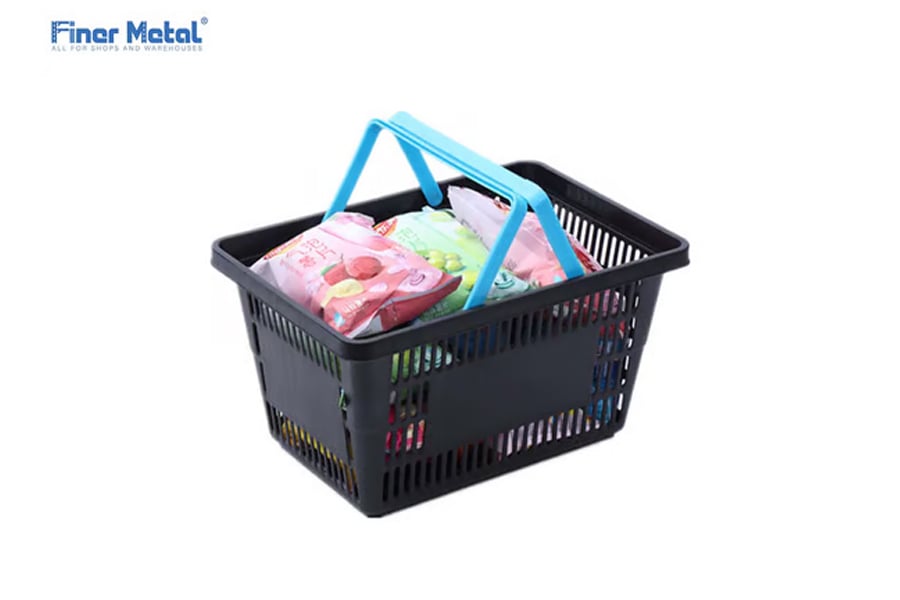The Rise of Sustainable Materials
In recent years, there has been a growing trend in the retail industry towards utilizing sustainable materials in the production of retail tools. This shift is driven by consumer demand for environmentally-friendly products and the recognition of the need to reduce the industry's carbon footprint.
Benefits of Sustainable Materials
Sustainable materials offer a wide range of benefits for retailers. They are typically sourced from renewable resources, such as bamboo or recycled plastics, which helps to reduce the depletion of natural resources. Additionally, these materials often have a lower environmental impact during production, resulting in reduced carbon emissions.
Enhancing Brand Image
By incorporating sustainable materials into their retail tools, businesses can enhance their brand image and appeal to eco-conscious consumers. This can lead to increased customer loyalty and a competitive edge in the market.
Cost-Effectiveness
Contrary to popular belief, using
Sustainable Materials in Retail Tools can actually be cost-effective in the long run. While the initial investment may be slightly higher, these materials are often more durable and require less maintenance, resulting in cost savings over time.
Meeting Regulatory Standards
With increasing regulations around environmental sustainability, utilizing sustainable materials in retail tools can help businesses ensure compliance with these standards. This can help avoid fines and penalties, as well as improve overall reputation.
Creating a Greener Supply Chain
By incorporating sustainable materials into their retail tools, businesses can help create a greener supply chain. This can have a ripple effect throughout the industry, encouraging other companies to follow suit and reduce their environmental impact.
Design and Aesthetics
Sustainable materials are not only better for the environment, but they also offer unique design opportunities. Retail tools made from bamboo, for example, have a modern and sleek aesthetic that can attract consumers and enhance the overall shopping experience.
Consumer Education
Using sustainable materials in retail tools provides an opportunity for businesses to educate consumers about the importance of environmental sustainability. By highlighting the benefits of these materials, retailers can raise awareness and inspire more eco-friendly purchasing decisions.
Collaboration and Innovation
The shift towards sustainable materials in retail tools has sparked collaboration and innovation within the industry. Manufacturers, designers, and retailers are working together to develop new techniques and technologies for utilizing these materials, driving positive change.
The Future of Sustainable Materials
As consumer demand for sustainable products continues to grow, the future of sustainable materials in retail tools looks promising. Businesses that prioritize environmental sustainability now will be well-positioned to succeed in a more eco-conscious market.
Quote Inquiry
contact us

